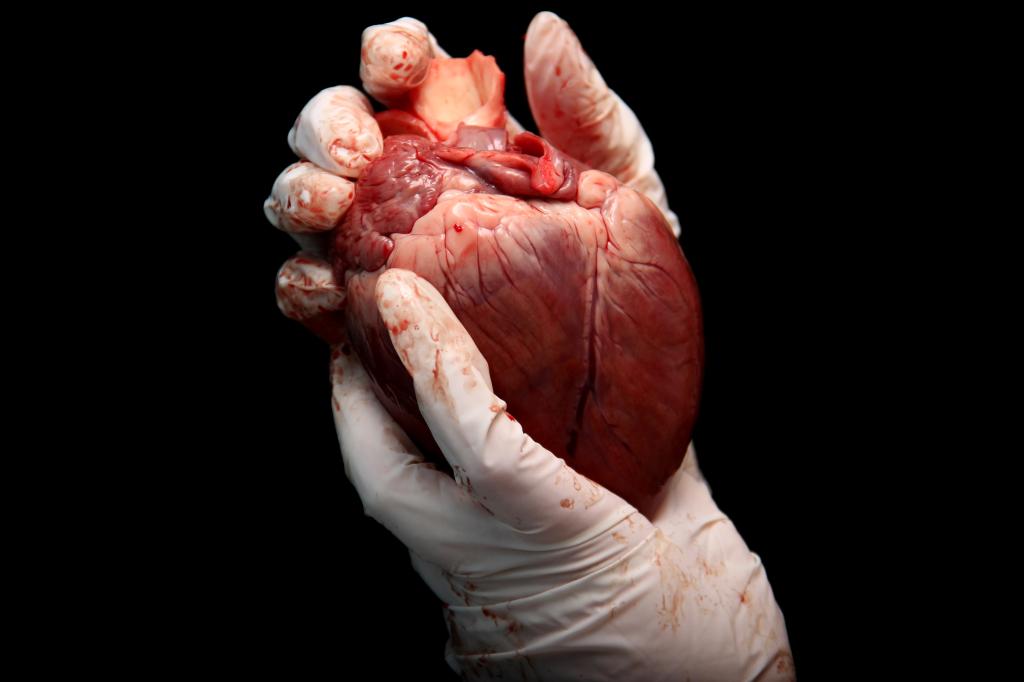The heart wants what the heart wants…no matter whose chest it beats in.
A recent study found an additional correlation between organ transplant surgery and personality changes.
In a study published in transplantologyResearchers at the University of Colorado conducted an online survey asking 47 participants (23 heart transplant recipients and 24 other organ transplant recipients) to detail their experiences after transplant surgery. A surprising 89% of transplant recipients reported personality changes after surgery, regardless of the organ they received.
The CU study is one of the first to track personality changes that occur after countless organ transplants.
Previous studies have tended to focus on the aftereffects and anecdotes of heart transplant recipients who have had extreme and lasting experiences. science alert After heart transplant surgery, some patients report feeling more like their donor than themselves and develop new preferences for food, art, sex, and behavioral patterns.
One transplant recipient recalled developing a deep love of music after receiving the heart of a young musician in the 1990s: “I couldn't play before, but after the transplant I loved music. I just felt it in my heart.”
However, recent CU research indicates that it is very likely that our sense of self and preferences are contained not just in the heart but in every cell of the body.
Respondents to the CU survey reported four or more personality changes related to temperament, emotions, diet, identity, religious/spiritual beliefs, and/or memory. The only changes that differed between heart transplant recipients and those who received other organ transplants were changes in physical characteristics.
The researchers argue that “the similarities between the two groups suggest that it is not unusual for heart transplant recipients to experience personality changes after transplantation, but rather that such changes may occur after transplantation of any organ.”
Last year, The Post reported that people who received blood transfusions also reported changes in mood, behavior and even memory after the procedure.
These changes seem to defy scientific explanation.
A 2013 University of Michigan study They found that “there is a persistent belief that parts internal to the individual have causal powers and that when they intermingle, the recipient may inherit some of the characteristics of the donor.”
“We found that people who were not aware of the effects of their actions were more likely to be depressed than those who were not aware of the effects of their actions,” said Sarah Jane Leslie, a professor of philosophy at Princeton University and one of the study's co-authors. stated in a statement At the time, “people still believe that transplants can change personality, even though science has not supported this possibility.”
still, Science Alert ' providesWhole-body memory hypothesisA possible explanation: This hypothesis suggests that all living cells contain a memory, meaning a history can be passed on from donor to recipient via the tissue.
Although the neural connections of transplanted organs are severed, there is evidence to suggest that nerves may still function within the organ, and that neural connections may be at least partially restored within a year after surgery. Neurotransmitter interactions Based on the donor's memory, it can cause a physiological response in the recipient's nervous system and influence its personality. ”
Furthermore, donor cells have been shown to circulate within the recipient's body. 2 years after transplant. according to science alertIt's unclear where those cells go, but their inflammatory effects could explain personality changes. cause inflammationchronic low-grade inflammation persists. shown to change personality traits. “
It remains to be seen whether pig organ transplants will cause patients to behave more like pigs.
.

